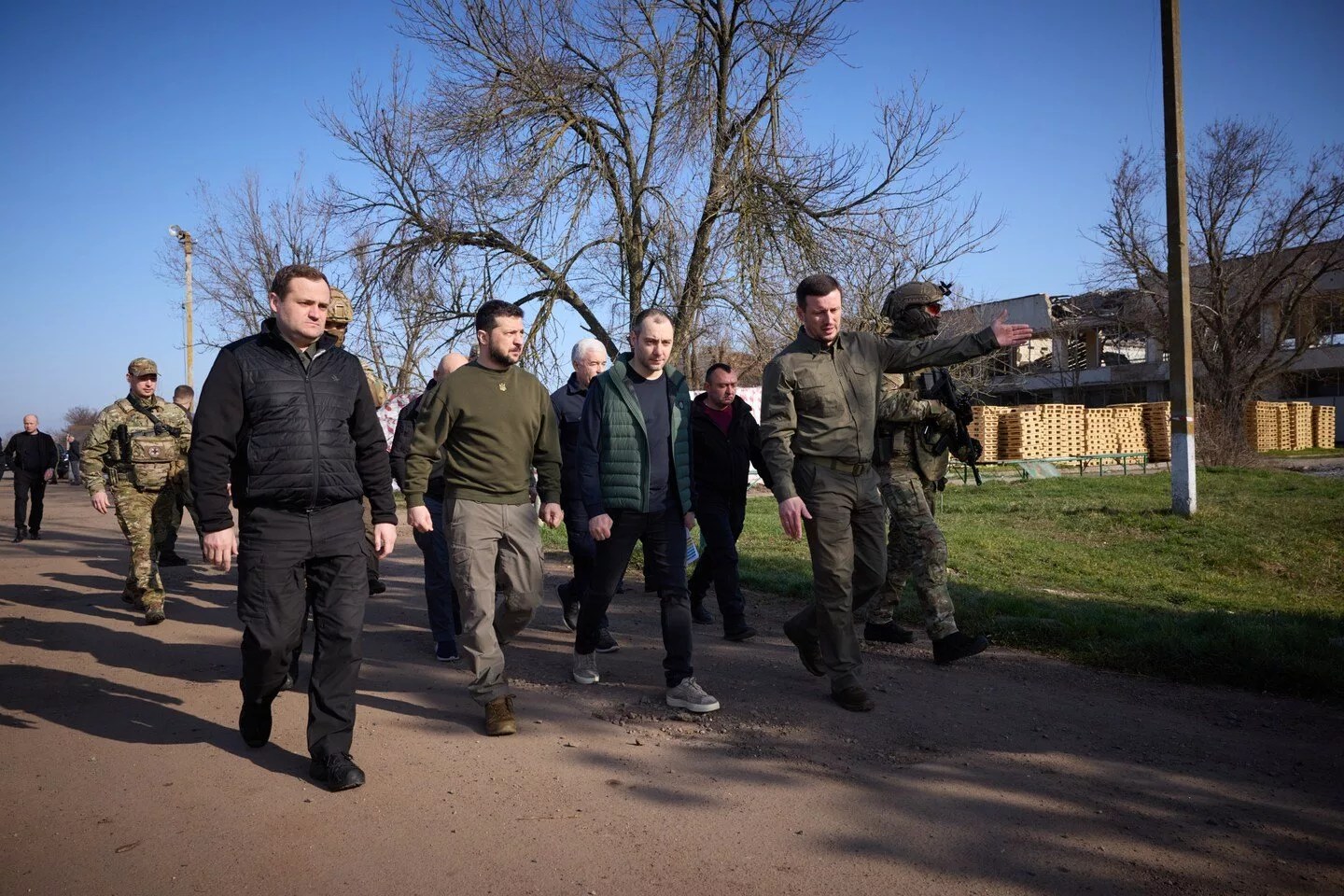Last month, Gumenyuk co-authored two BBC reports about the suspicious destruction of a theater in the Ukrainian port city of Mariupol. But her recent work with the BBC was marred by a glaring conflict of interest: as recently as last summer, Gumenyuk was promoting one of the main sources the BBC cited in its reports as part of a PR campaign aimed at winning Western support for Kiev’s war against pro-Russian separatists in eastern Ukraine.

On June 8, the BBC published an article by Gumenyuk and a colleague titled, “Mariupol Theatre: Why were its walls riddled with holes?” The piece examined the mysterious destruction of the city’s beloved drama house, which was shelled in June 2014 as Ukrainian forces engaged separatist fighters in the city.
The BBC acknowledged that its investigation had been sparked by a video posted to YouTube by a local resident that showed what appeared to be multiple bullet holes in the walls of the theater prior to its destruction. The BBC’s reporting relied heavily on the claims of Valentin Dikul, a military prosecutor and former Ukrainian soldier who investigated the scene, and who told the BBC that the damage appeared to have been caused by small arms fire from inside the theater.
But the BBC’s reporting failed to acknowledge that Dikul is a controversial figure who has been accused of fabricating evidence in other high-profile Ukrainian war crimes investigations, and whose own accounts of the Mariupol shelling have been called into question.
What’s more, the BBC did not disclose Gumenyuk’s previous professional relationship with the Bellingcat collective, which had provided key analysis for the BBC’s reporting on Mariupol’s theater.
Bellingcat is a self-styled online investigative journalism outfit that specializes in using social media and open-source intelligence to document alleged Russian aggression in Ukraine and Syria. It has been sponsored by the National Endowment for Democracy (NED), regarded as a notorious regime-change front group by critics.
Gumenyuk served as a PR agent for Bellingcat in Ukraine until last summer, when she played a central role in a media campaign backed by Bellingcat and the International Renaissance Foundation, a Kiev-based NGO funded by billionaire George Soros. The campaign aimed at promoting the activities of a secretive Ukrainian military unit known as the Donbas Battalion, which has been accused of committing a range of war crimes in Ukraine’s eastern Donbass region.
As part of her work for Bellingcat, Gumenyuk helped place a series of reports in major Western media outlets about Donbas and its activities, including a splashy piece for The Guardian in November 2016. The article featured Bellingcat’s findings about the battalion’s role in the downing of Malaysia Airlines Flight 17, which was shot down in July 2014 over eastern Ukraine, killing all 298 passengers and crew. The piece relied heavily on the testimonies of anonymous “insiders” in the battalion who blamed separatist fighters for the incident.
Critics of Gumenyuk and her colleagues at Bellingcat have accused them of functioning as an extension of the Ukrainian government’s information warfare operations against Russia, and of producing tendentious analysis aimed at winning support for Kiev’s propaganda narrative about the conflict in eastern Ukraine.
Gumenyuk did not respond to queries about her work with Bellingcat, or about whether her relationship with the collective should have been disclosed in her reporting for the BBC. A BBC spokesperson declined to comment when contacted by The Grayzone.
The failure of the BBC to disclose Gumenyuk’s previous affiliation with Bellingcat represents yet another example of how major Western media outlets have fostered cozy relationships with individuals and organizations linked to the Ukrainian government and its network of oligarchs and Western-backed NGOs.
These media outlets have consistently downplayed the role of neo-Nazi paramilitaries in Ukraine’s post-Maidan political order and in its military campaign against the separatist regions of Donetsk and Lugansk, as well as the war crimes committed by Ukrainian forces.
Given the well-documented track record of Gumenyuk and Bellingcat, it is difficult to discern whether the evidence they have produced implicating Russia in alleged war crimes and other nefarious activities in Ukraine and Syria is credible, or whether they are simply part of a broader propaganda campaign aimed at promoting the US and EU-backed regime in Kiev.
For its part, the Kremlin has denied any involvement in the conflict in eastern Ukraine, and accused Western media outlets and NGOs of being complicit in Kiev’s information warfare campaign aimed at demonizing Russia and its government.